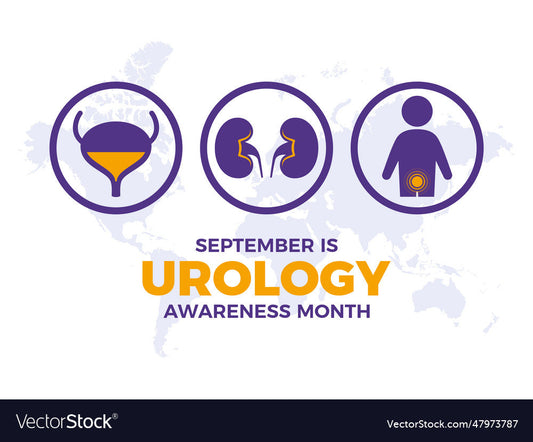All articles



PODCAST: Why employers can’t ignore cancer screening
Cancer screening is increasingly recognised as a critical workforce issue, as rising incidence rates and stretched NHS diagnostic capacity place...
Read more

Cancer Screening vs Diagnosis: What’s the Difference and Why It Matters
When it comes to detecting cancer, the words screening and diagnosis are often used interchangeably. But they mean very different...
Read more
Check4Cancer & Early Labs launch a partnership to offer urine-based early cancer detection tests
“Our partnership with EARLY Labs provides an opportunity to develop an early cancer detection test for 2-3 common cancers, based...
Read more

Take Control of Your Health with Home Testing
Private, accurate and expert-led home cancer checks for men. Find out how Check4Cancer makes proactive health convenient and clinically trusted.
Read more
Early Detection: Your Best Defence in Breast Cancer Awareness
This post will guide you through the importance of early detection and regular screenings. We'll provide practical tips for self-examinations...
Read more
Leading the Way in Cancer Risk Stratification and Screening
From advanced screening techniques to innovative risk stratification tools, here's how we are actively shaping the future of cancer care.
Read more
12 Ways to Reduce Your Cancer Risk
Research shows that more than 40% of cancer cases in the UK are linked to lifestyle and environmental factors...
Read more
Professor Andrew Beggs Honoured with the Josiah Mason Award for Academic Achievement
Check4Cancer is proud to congratulate Professor Andrew Beggs, Clinical Advisor to Check4Cancer, on receiving the prestigious Josiah Mason Award for...
Read more
Dr Haider Raza Joins Check4Cancer to Advance AI-Powered Skin Cancer Detection
Check4Cancer is thrilled to announce the appointment of Dr Haider Raza to its Clinical Advisory Board.
Read more

Men’s Health Week: 9-15th June, 2025
Men’s Health Week 2025 carries the powerful theme: “Shoulder-to-Shoulder:Connecting for Health”. This year, the focus is on fostering connection, empathy,...
Read more
Prostate Cancer Awareness Month
Prostate Cancer Awareness Month is a time to highlight the significance of early detection and encourage men to prioritise their...
Read more
Sun Awareness Week May 12 - May 18 2025
With summer starting early and UV levels on the rise, now’s the perfect time to prioritise your skin health. Sun...
Read more
Skin Cancer Awareness Month
May is Skin Cancer Awareness Month, and every year, over 250,000 cases of non-melanoma skin cancer are diagnosed in the...
Read more
Bowel Cancer Awareness Month
April is Bowel Cancer Awareness and an opportunity to raise awareness of the importance of early detection and encourage more...
Read more
HPV Awareness Day
The International Papillomavirus Society (IPVS) established March 4th as HPV Awareness Day, in 2018. It provides an opportunity to highlight...
Read more
Prostate Cancer Screening Update 2024
We should continue with PSA testing, followed by prostate MRI scans for men with raised PSA to determine who required...
Read more
Our Thoughts on World Cancer Day: A Call to Action
World Cancer Day is more than just an annual event. It’s a powerful movement that fuels change, encourages conversations, and...
Read more
What You Should Know About Urology Awareness Month
The main objective of Urology Awareness Month is to address the stigma surrounding urological health. Early detection of urological diseases...
Read more
Karen's Story
When 54-year-old Karen Smout received an email offering her a Check4Cancer screening service, it was just the nudge she needed...
Read more